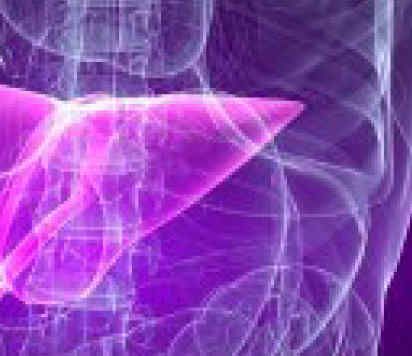Contact
For more information on prostate cancer research, please contact:
Professor Charlotte Bevan
For enquiries about prostate cancer clinical trials, please contact:
Professor Hashim Ahamed
What we do
We are carrying out research to develop ways of determining when prostate cancer becomes life-threatening. The hormone testosterone is known to promote prostate cancer growth and we are trying to understand the molecular mechanisms of this hormone. We are also developing new ways to treat prostate cancer, both by targeting the testosterone pathway and other methods.
Why it is important
Prostate cancer is the most common male cancer in the West, affecting 1 in 8 men in the UK. It kills more men than any other type of cancer except lung cancer. Prostate cancer is treated with surgery, radiation, hormonal therapies and/or chemotherapy - or in certain circumstances may be followed without active treatment. While current therapies are initially effective, ultimately resistance develops and a significant percentage of patients develop life-threatening, advanced disease.
How it can benefit patients
By understanding the mechanisms that cause disease progression we can use this knowledge to develop new therapies to combat it. Additionally, current screening tests for prostate cancer are widely considered to be not accurate enough and lead to the over-diagnosis of patients with benign forms of prostate disease, which need no or less aggressive treatment. The development of accurate screening tests will distinguish between patients with benign and aggressive forms of the disease, and allow patients to be given the most effective treatments for them as early as possible (personalised medicine). This will be facilitated by the identification of the molecular changes that categorise treatment response and relapse.
Summary of current research
- Mechanisms of androgen signalling leading to prostate tumour growth
- New therapies for "castrate-resistant" prostate cancer
- Cell signalling networks that facilitate prostate cancer progression
- New biomarkers for prostate cancer, including non-invasive blood tests
- Clinical trials in phase 1 to 3 of new drugs for the treatment of prostate cancer
- Role of non-coding RNAs in prostate cancer progression and therapy
- New methods for targeted delivery of prostate cancer therapies
Lead researchers and their groups
Professor Charlotte Bevan
/prod01/channel_3/media/migration/faculty-of-medicine/Bevan--tojpeg_1458059766287_x4-1.jpg)
Professor Charlotte Bevan
Androgen Signalling and Prostate Cancer
Professor Hashim Ahmed
/prod01/channel_3/media/migration/faculty-of-medicine/Professor-Hashim-Ahmed--tojpeg_1560329840334_x4.jpg)
Professor Hashim Ahmed
Professor Hector Keun
/prod01/channel_3/media/migration/faculty-of-medicine/Hector-Keun--tojpeg_1564585157130_x4.jpg)
Professor Hector Keun
Cancer Metabolism and Systems Toxicology
Dr Robert Kypta
/prod01/channel_3/media/migration/faculty-of-medicine/Rob-Kypta--tojpeg_1564585195535_x4.jpg)
Dr Robert Kypta
Signalling in Prostate Cancer
Professor Jonathan Waxman
/prod01/channel_3/media/migration/faculty-of-medicine/Wax--tojpeg_1468937805601_x4.jpg)
Professor Jonathan Waxman
Prostate Cancer

